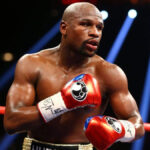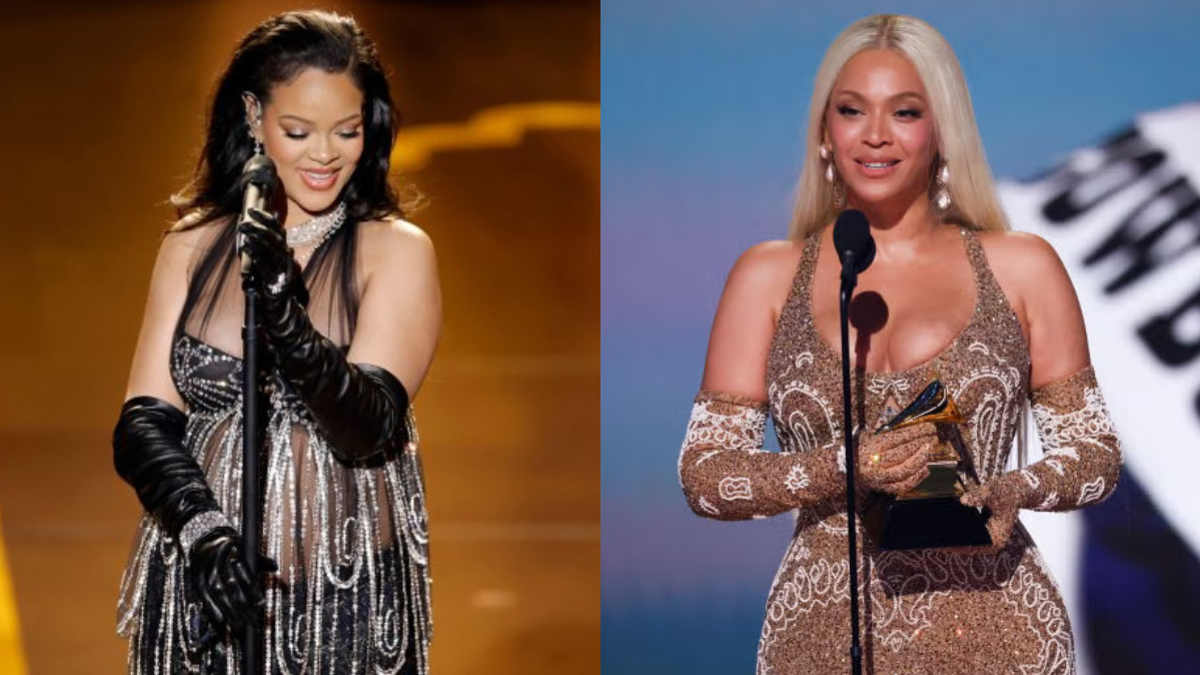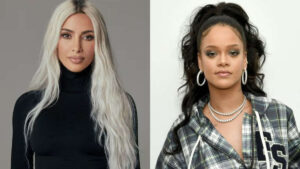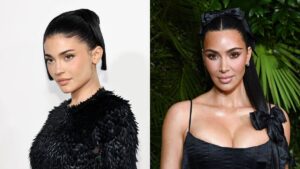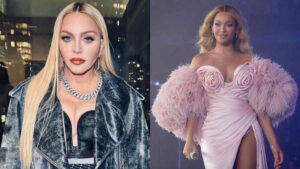In 2025, the question isn’t just who’s richer — it’s how they got there. Rihanna and Beyoncé aren’t merely topping music charts; they’ve carved out empires that blur the lines between art, commerce, and cultural dominance. One is a mogul in heels who turned beauty inclusivity into a billion-dollar benchmark. The other, a visionary performer who transformed live shows into luxury branding exercises.
According to Forbes’ latest ranking, both women sit comfortably among the top five wealthiest female entertainers — but their routes to the top are wildly different. And that’s what makes this comparison so fascinating. This isn’t just a matter of numbers — it’s about legacy, ownership, and the future of celebrity power.
So, who leads the game in 2025 — and what does that say about the new rules of wealth?
Empire State of Mind — How Beyoncé Built a Billion-Dollar Brand
From Destiny’s Child to Cultural Capitalist
Beyoncé’s rise wasn’t accidental — it was a masterclass in long-game strategy. Long before the billion-dollar headlines, she was laying the foundation for something bigger than superstardom. When Destiny’s Child dominated the charts in the early 2000s, Beyoncé wasn’t just the lead vocalist; she was observing how the industry worked, where artists lost leverage, and where ownership mattered most.
Her 2010 decision to split from her father’s management wasn’t just a personal shift — it was a pivot toward independence. From there, she launched Parkwood Entertainment, her own management and production company, taking full control over her music, image, and creative output. That decision turned out to be one of the most financially rewarding of her career.
Beyoncé didn’t just drop albums — she dropped cultural moments. Her 2013 surprise self-titled release bypassed traditional marketing entirely, setting a new precedent in digital music distribution. Then came Lemonade, a multimedia project rooted in Black womanhood, trauma, and reclamation — paired with an exclusive streaming deal that drove massive value to Tidal (a platform she co-owns).
Each bold move had two payoffs: cultural resonance and financial return. Beyoncé didn’t just perform; she capitalized. She became not just the face, but the architect of her empire, leveraging every appearance, every partnership, every silence as strategic currency.
Beyoncé’s Business Portfolio in 2025
By 2025, Beyoncé’s brand operates more like a private equity firm than a celebrity side hustle. Her stake in Ivy Park, despite parting ways with Adidas, has evolved into a standalone direct-to-consumer line, now partnered with a luxury athleisure distributor—reflecting her move toward exclusivity over mass market reach.
Her Netflix deal, reported to be worth $60 million back in 2019, set a precedent for artists negotiating content on their terms. Today, Parkwood produces and licenses not just concert films, but branded visual experiences, each tightly curated to expand her narrative control.
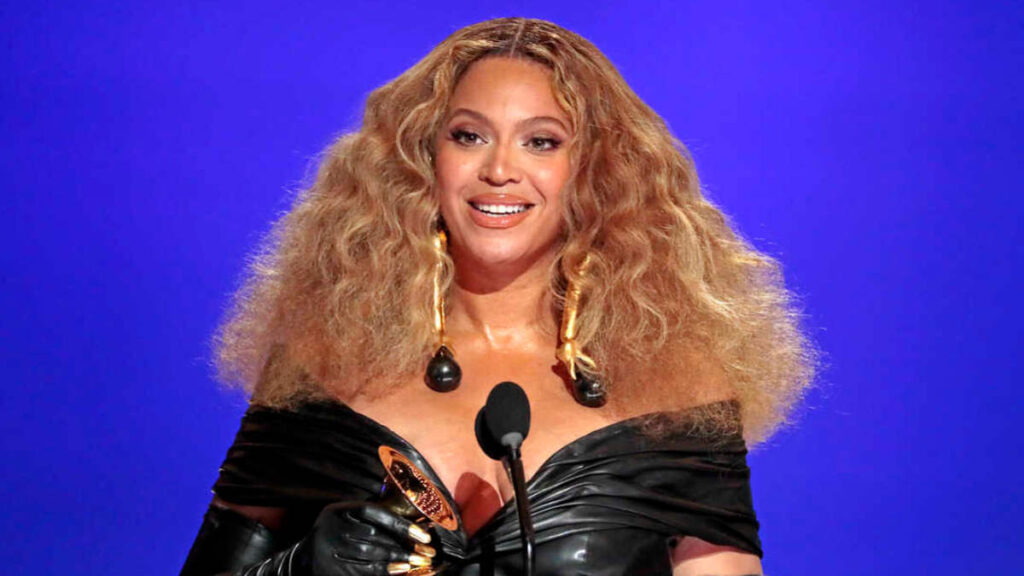
She also holds equity in Tidal, streaming rights to her catalog, and an expanding real estate and tech investment portfolio—quiet but high-value moves that mirror her husband Jay-Z’s diversified playbook.
As Bloomberg analyst Carla Diaz put it in a March 2025 interview: “Beyoncé doesn’t follow the market — she anticipates where influence and ownership will intersect. That’s how she stays ahead.”
Rihanna’s Billionaire Status — Not Just Skin Deep
The Fenty Effect: How Beauty Became Bankable
When Fenty Beauty launched in 2017 with 40 foundation shades, it wasn’t just a makeup line—it was a statement. Rihanna shattered industry norms by centering inclusivity, and consumers responded with loyalty and dollars. By 2025, Fenty Beauty is valued at over $2.8 billion, with a market share that rivals legacy brands like Estée Lauder and L’Oréal.
But this wasn’t a celebrity brand slapped on a bottle. Rihanna’s fingerprints are on everything—from shade names to campaigns that reflect her global fan base. The brand’s success is a reflection of her identity: bold, accessible, unapologetically diverse.
According to LVMH’s 2024 financials, Fenty is their fastest-growing beauty asset. It’s not just part of Rihanna’s portfolio—it is the portfolio. Music made her famous. Fenty made her a mogul.
For a full financial profile of the brand that built Rihanna’s fortune, see this valuation breakdown of Fenty Beauty in 2025.
R9 or Not, the Money Still Flows
It’s been nearly a decade since Rihanna dropped an album, but her net worth hasn’t missed a beat. While fans still meme the elusive R9, her bank account tells another story—one where equity trumps airtime.
Instead of grueling tour cycles, Rihanna earns passively through her 50% stake in Fenty Beauty and Savage X Fenty, both of which continue to expand globally. In a 2024 Business of Fashion panel, she quipped, “I’m not on pause—I’m just building differently.”
Her brands generate hundreds of millions annually, and analysts project double-digit growth through 2026. In this new model of fame, Rihanna proves that ownership and influence can outperform even the biggest tour grosses. She’s not retreating from the spotlight—she’s redefining what power looks like offstage.
A closer look at her passive income sources—from beauty to real estate—is available in this in-depth guide on how Rihanna earns without touring.
Net Worth 2025: Beyoncé vs Rihanna, Side by Side
As of mid-2025, Rihanna holds the financial crown — but just barely. According to Forbes’ Billionaires List (April 2025), Rihanna’s estimated net worth stands at $1.4 billion, while Beyoncé trails slightly at $600 million. Yet the gap isn’t just numerical; it reflects two very different empire-building blueprints.
Rihanna’s fortune leans heavily on consumer equity: cosmetics, lingerie, and lifestyle brands. Beyoncé, by contrast, has built a diversified portfolio rooted in ownership, performance, and content production. One prioritizes scalable product, the other, high-ticket experience and legacy IP.
Here’s how their financial architecture breaks down:
| Category | Beyoncé | Rihanna |
| Estimated Net Worth | $600 million | $1.4 billion |
| Primary Revenue Source | Music, touring, equity | Fenty Beauty, Savage X |
| Key Holdings | Parkwood, Ivy Park, Tidal | Fenty Beauty (50%), Savage X Fenty |
| Business Strategy | Creative control, content IP | Mass-market scale, product equity |
This isn’t just a scoreboard — it’s a study in how influence converts to income in the 21st century.
The Bigger Picture: How Their Fortunes Stack Up in the Industry
Against Other Female Powerhouses
In the elite circle of self-made women in entertainment, Rihanna and Beyoncé stand alongside giants—but they play a different game. Oprah built her wealth on media ownership and early investment power. Kim Kardashian turned reality TV visibility into product-driven dominance through SKIMS and private equity. And Taylor Swift, now reportedly worth $1.4 billion, achieved her billionaire status almost entirely through music—reclaiming her masters, selling out stadiums, and owning the narrative.
But Beyoncé and Rihanna represent a hybrid model. Beyoncé controls her intellectual property with an iron grip—she owns her tours, her visuals, her catalog. Her wealth is deeply tied to creative authorship and premium cultural capital. Rihanna, meanwhile, turned her fame into a global product empire, riding the wave of inclusive beauty and brand ownership.
Both have redefined celebrity entrepreneurship, but their styles reflect deeper truths: Beyoncé crafts legacy through curated control, Rihanna scales impact through broad accessibility. In a landscape of moguls, they’re not just part of the club—they’re reshaping what the club looks like.
Her luxury properties, from Hidden Hills to Barbados, play a strategic role in her portfolio as outlined in this look at Rihanna’s real estate holdings.
Redefining Wealth in Entertainment
Beyoncé and Rihanna aren’t just examples of success — they’re blueprints for a new kind of celebrity capitalism. In the 2020s, “making it” is no longer about record deals or endorsement checks; it’s about owning the vehicle, not just driving it.
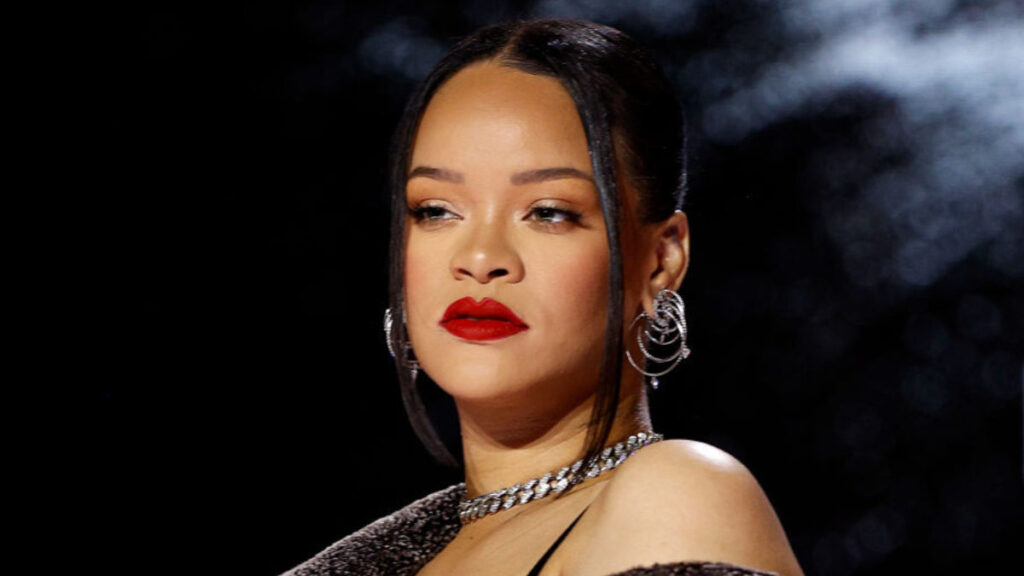
Both women sidestepped traditional industry gatekeepers to build direct-to-consumer ecosystems. Beyoncé transformed her artistry into intellectual property — packaging live experiences, visuals, and storytelling into high-value cultural exports. Rihanna bypassed the studio grind altogether, building scalable beauty and fashion brands that speak to real consumer needs.
They prove that wealth today isn’t just built on talent — it’s built on control, authenticity, and reach. In doing so, they’ve redefined entertainment not just as performance, but as a platform. The celebrity economy is no longer passive — it’s personal, intentional, and highly profitable when you own the levers.
Her financial evolution over two decades is mapped clearly in this timeline of Rihanna’s net worth journey.
More Than Money: Cultural Currency and Influence
You can tally their billions, but you can’t spreadsheet their impact. Beyoncé and Rihanna have shifted culture, not just capital. Beyoncé’s Homecoming at Coachella wasn’t just a concert — it was a visual dissertation on Black excellence, HBCU culture, and artistic discipline. It rewired what a live performance could represent.
Rihanna, meanwhile, turned the Met Gala into her runway, redefined beauty standards with Fenty’s inclusive shade range, and made size diversity sexy with Savage X Fenty’s unapologetic campaigns. Their influence isn’t ornamental — it’s structural.
Both use their platforms to elevate conversations around race, gender, and power — and they do it while selling records, lipstick, and billion-dollar dreams. This is cultural leadership that transcends branding. It’s legacy work, and no valuation model can capture that fully.
The Moment I Realized Rihanna and Beyoncé Play Different Games
I remember sitting in a theater watching Homecoming — not just watching, but witnessing. Beyoncé didn’t perform; she architected. Every drumline beat, every costume, every camera angle screamed: this isn’t a show, it’s a cultural artifact. That was the moment I realized she’s not chasing charts — she’s building history.
Then, a year later, I walked into a Sephora and saw four different women — different skin tones, ages, backgrounds — all swatching Fenty foundation like it was a universal language. Rihanna hadn’t dropped a song in years, yet here she was, in the lives of millions, not as a pop star, but as a business visionary.
That’s when it clicked: Beyoncé commands legacy. Rihanna scales lifestyle. One build rarefied moments, the other mass cultural touchpoints. They’re both wildly successful, but on entirely different frequencies.
Researching this story didn’t just clarify who has more money — it reminded me that power looks different depending on how you choose to hold it.
Final Verdict: Who Tops the Net Worth Chart in 2025?
By the numbers, Rihanna edges out Beyoncé in 2025, with an estimated net worth of $1.4 billion to Beyoncé’s $600 million. Her consumer-facing empire—anchored by Fenty Beauty and Savage X Fenty—delivers global scale and relentless growth.
But wealth isn’t just measured in billions. Beyoncé’s portfolio leans into legacy: artistic control, intellectual property, and cultural authority. She may not top the ledger today, but her influence on how artists own and distribute their work is priceless.
In truth, they’ve both rewritten the rules. Rihanna turned beauty into capital. Beyoncé turned performance into equity. And together, they’ve made it clear: in the modern entertainment economy, the most powerful move isn’t just to earn—it’s to own.
For a full breakdown of Rihanna’s 2025 wealth sources—including exact numbers and valuations—read this detailed analysis of her billionaire journey.
Nishant is a digital strategist and celebrity finance analyst with over 15 years of experience in SEO-driven content. As Founder of TheNetWorths.com, he creates high-authority profiles on wealth, branding, and cultural influence.







